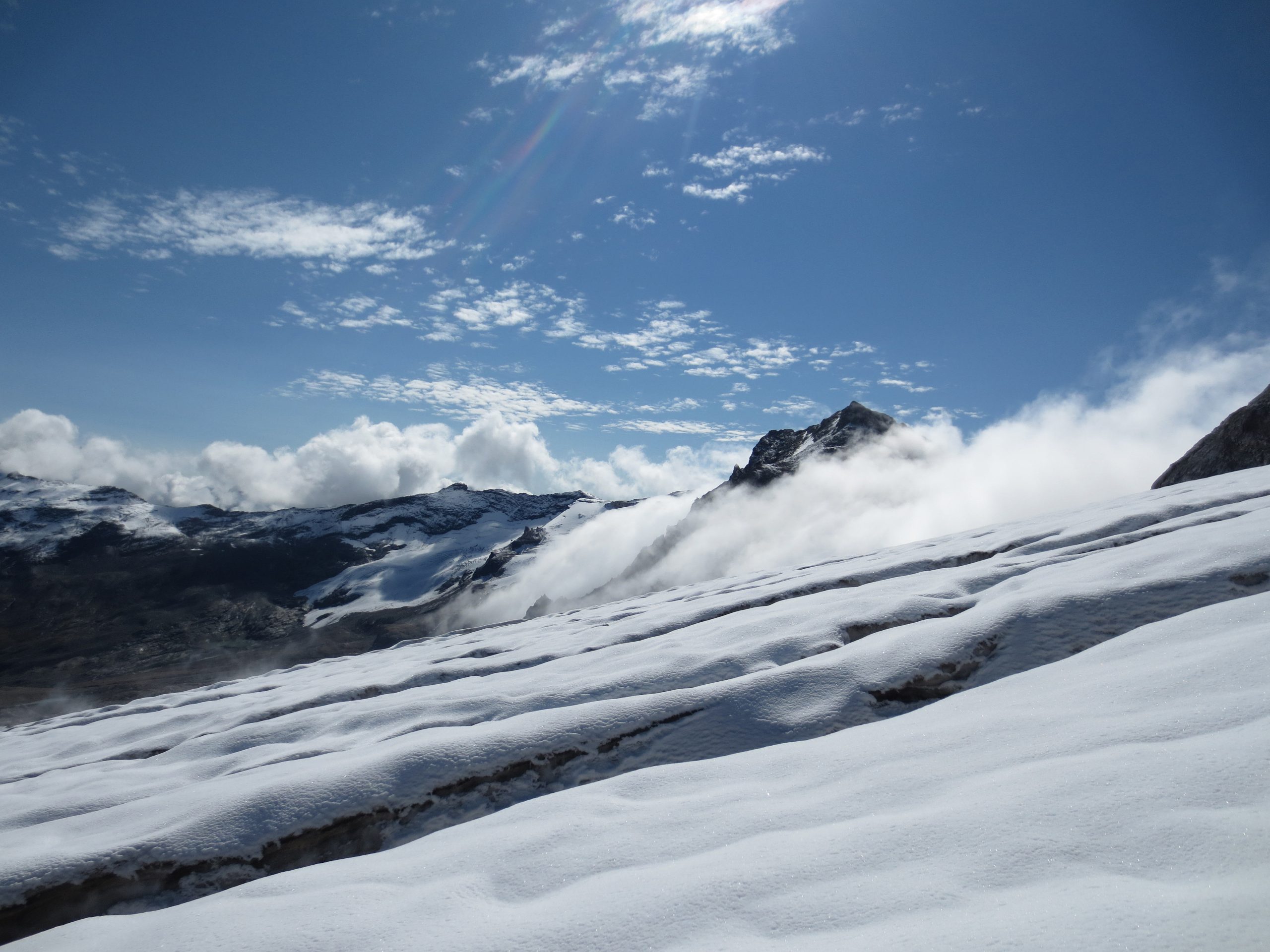Glaciers around the world are putting up a fight against climate change, but scientists warn that they are losing ground. Recent research shows that glaciers attempt to cool the air in contact with their surfaces, creating a natural buffer against rising temperatures. This process helps slow the melting, but experts caution that this protective effect may soon run out.

Glaciers’ Natural Defense Is Weakening
Researchers observed that as glaciers lose mass, their ability to cool the surrounding air diminishes. The melting of glaciers contributes significantly to rising sea levels and disrupts ecosystems dependent on cold water. The study highlights the urgent need for action, as glaciers may soon lose their capacity to resist climate change. Once this happens, we can expect even faster melting and more severe environmental consequences.
What This Means for the Future
Scientists urge global leaders and communities to take immediate steps to reduce greenhouse gas emissions. Protecting glaciers is not just about preserving stunning landscapes, but also about safeguarding our planet’s water resources and climate stability. The battle against climate change is intensifying, and glaciers are on the front lines.
















